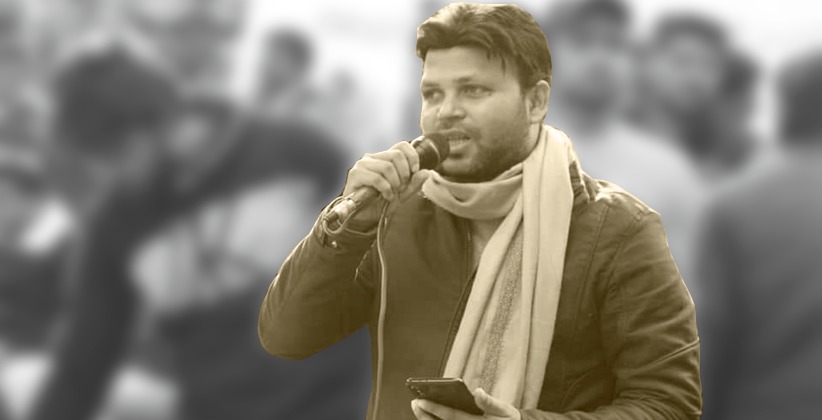On Monday (26th October 2020), the Karkadooma Court dismissed the bail plea of Jamia Islamia student, Asif Iqbal Tanha. He had been arrested under the stringent Unlawful Activities (Prevention) Act, 1967 in connection to the Delhi Riots case.
The case was heard by Justice Amitabh Rawat and he said that a prima facie case related to a larger conspiracy in connection with riots happened in north-east Delhi that happened in the month of February and was maintainable against Tanha.
It was alleged that he played an active role in the entire conspiracy.
A total of 15 people including Tanha were named in the FIR filed at the Delhi Police Station. He was said to be a key member of anti-CAA protests and subsequent riots in the national Capital and was a close associate of Safoota Zargar, Umar Khalid, and Sharjeel Imam.
It was alleged that he had set-up a chakka jam i.e. road blockage in the Muslim-dominated areas in order to overthrow the government. He had also purchased a mobile SIM card by using fake documents and the same SIM card was used for the road blockage. It was claimed by the police that the SIM card was then provided to another Jamia-student and co-accused Safoora Zargar to organize more protests.
The police also alleged that Tanha was a part of the Jamia Coordination Committee and the Students Islamic Organisation. A WhatsApp group was also formed by them where the conspiracy was hatched and the planning relating o the riots was done and these chats were submitted by the police in the charge sheet.
Tanhas lawyer argued that the organizations like Jamia Coordination Committee and Students Islamic Oranisationwere not designated terrorist groups under the UAPA and Tanha was not present in Delhi during the riots. Also, no evidence proved that he was at the sites where the violence took place and no evidence could show that he was connected to them. In addition to this, no allegations with respect to any funds being received by him for terrorist activities.
In response to this, the court said, Moreover, the question of the presence of accused at the site in North East Delhi at the time of riots is not a sine-qua-non (essential condition) for a conspiracy case. Hence, the provisions of UAPA have been rightly invoked in the present case.
To Tanhas lawyers argument that there was no physical evidence connecting Tanha to the riots and no allegations with respect to any funds being received by him for terrorist activities, the court said it was not at all necessary that all the conspirators must know each and every detail of the conspiracy and that the contention that Tanha had no role in raising funds was misplaced, as other accused persons in the case were alleged to have done this part in the conspiracy.






